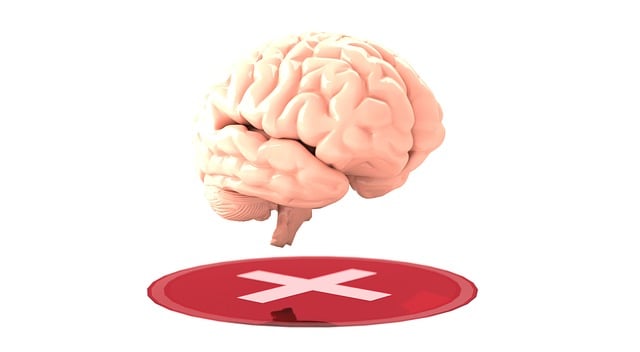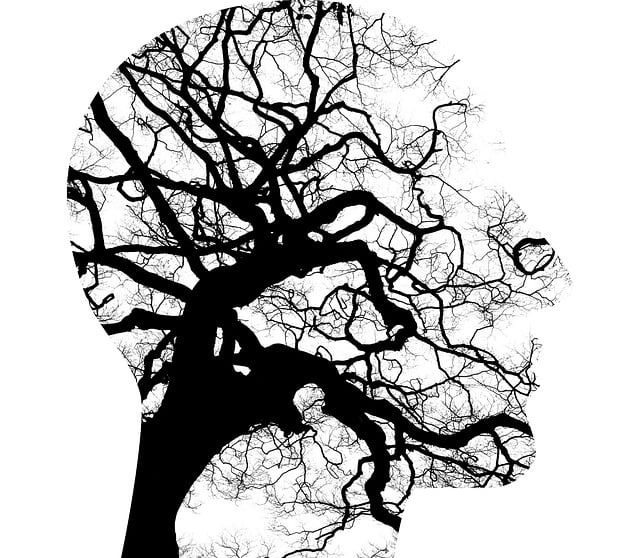Depression, a common yet subtle mental health issue, can be prevented through early recognition of its signs like sadness, appetite changes, and sleep disturbances. Wheat Ridge Psychological Testing Therapy offers comprehensive assessments, evidence-based practices, and communication strategies to identify risk factors. Lifestyle changes, including exercise and balanced nutrition, along with mindfulness techniques and coaching programs, enhance mental wellness. Psychological testing provides a detailed understanding of an individual's thoughts, emotions, and behaviors, enabling therapists to target root causes and promote emotional well-being. Building resilience through positive thinking, communication skills, and supportive networks further prevents and manages depression.
Depression is a prevalent condition that affects millions, but it’s preventable. This comprehensive guide explores effective strategies to combat this mental health challenge in Wheat Ridge. We delve into understanding depression, recognizing its subtle signs and symptoms, and offering practical lifestyle changes for improved well-being. Discover the transformative power of Wheat Ridge psychological testing therapy approaches, along with building resilience through coping strategies and supportive systems. Equip yourself with these tools to foster a healthier, happier mind.
- Understanding Depression: Recognizing Signs and Symptoms
- Lifestyle Changes for Improved Mental Health
- The Role of Therapy: Exploring Wheat Ridge Psychological Approaches
- Building Resilience: Coping Strategies and Support Systems
Understanding Depression: Recognizing Signs and Symptoms

Depression is a complex mental health condition that affects millions worldwide, often sneaking up on individuals unnoticed. Recognizing its subtle signs and symptoms is the first step towards prevention. Common indicators include persistent feelings of sadness or emptiness, loss of interest in activities once enjoyed, changes in appetite and sleep patterns, fatigue, difficulty concentrating, and in severe cases, thoughts of self-harm or suicide. These symptoms can vary from person to person, making it crucial for individuals to be aware of their emotional and psychological state.
Wheat Ridge Psychological Testing Therapy provides a safe space for exploration and understanding. Through comprehensive assessments and evidence-based practices, professionals can help identify risk factors and early warning signs. Communication strategies, often utilized in therapy sessions, empower individuals to recognize changes in their mood and behavior. Community Outreach Program Implementation and Mental Health Policy Analysis and Advocacy play significant roles in raising awareness, breaking down stigma, and ensuring accessible resources for those struggling with depression.
Lifestyle Changes for Improved Mental Health

Making lifestyle changes can significantly improve mental health and prevent depression. Regular physical activity, a balanced diet rich in nutrients, and sufficient sleep are essential pillars for maintaining good mental wellness. Incorporating stress management techniques like mindfulness meditation or yoga into daily routines can help individuals cultivate inner strength and resilience, thereby enhancing their ability to cope with life’s challenges.
Wheat Ridge Psychological Testing Therapy offers valuable tools for self-awareness exercises that promote mental wellness coaching programs development. These therapeutic approaches encourage individuals to explore their thoughts, emotions, and behaviors, fostering a deeper understanding of themselves. By engaging in these practices consistently, one can build a stronger foundation for emotional well-being, making it easier to navigate difficult times without succumbing to depression.
The Role of Therapy: Exploring Wheat Ridge Psychological Approaches

In the quest for depression prevention, Wheat Ridge Psychological Testing Therapy stands out as a beacon of hope and healing. Beyond traditional talk therapy, psychological testing offers a tailored approach to understanding an individual’s unique mental health landscape. By employing evidence-based methods, therapists in Wheat Ridge can identify underlying factors contributing to depressive symptoms. This comprehensive process involves exploring thoughts, emotions, behaviors, and even biological markers, providing a nuanced perspective that goes beyond surface-level conversations.
Mental Health Awareness is pivotal in this context, as it encourages early intervention and empowers individuals to take proactive steps toward emotional well-being. Depression Prevention strategies, such as psychological testing, aim to build resilience and foster healthy coping mechanisms. Moreover, Emotional Intelligence is enhanced through therapy, helping clients navigate their feelings with greater clarity and self-compassion, ultimately breaking the cycle of depression and fostering lasting mental health.
Building Resilience: Coping Strategies and Support Systems

Building resilience is a crucial aspect of preventing depression, acting as a buffer against life’s challenges.
Coping strategies, such as cultivating positive thinking and developing effective communication skills, empower individuals to navigate difficult situations with greater ease. These strategies help foster a sense of control and promote healthy ways of processing emotions. A strong support system is equally vital; reaching out to friends, family, or professional networks like those offered by Wheat Ridge Psychological Testing & Therapy can provide a safe space for expression and guidance during turbulent times. By incorporating these coping mechanisms and connecting with supportive communities, individuals can enhance their ability to withstand and overcome potential depressive episodes.
In addressing depression prevention, a multifaceted approach is key. From recognizing signs and understanding the importance of mental health to adopting lifestyle changes and building resilience, these strategies offer valuable tools for navigating life’s challenges. Integrating evidence-based practices like Wheat Ridge psychological testing and therapy can significantly enhance coping abilities and foster overall well-being. By prioritizing mental health and leveraging available resources, individuals can proactively manage their emotional health and lead fulfilling lives.












